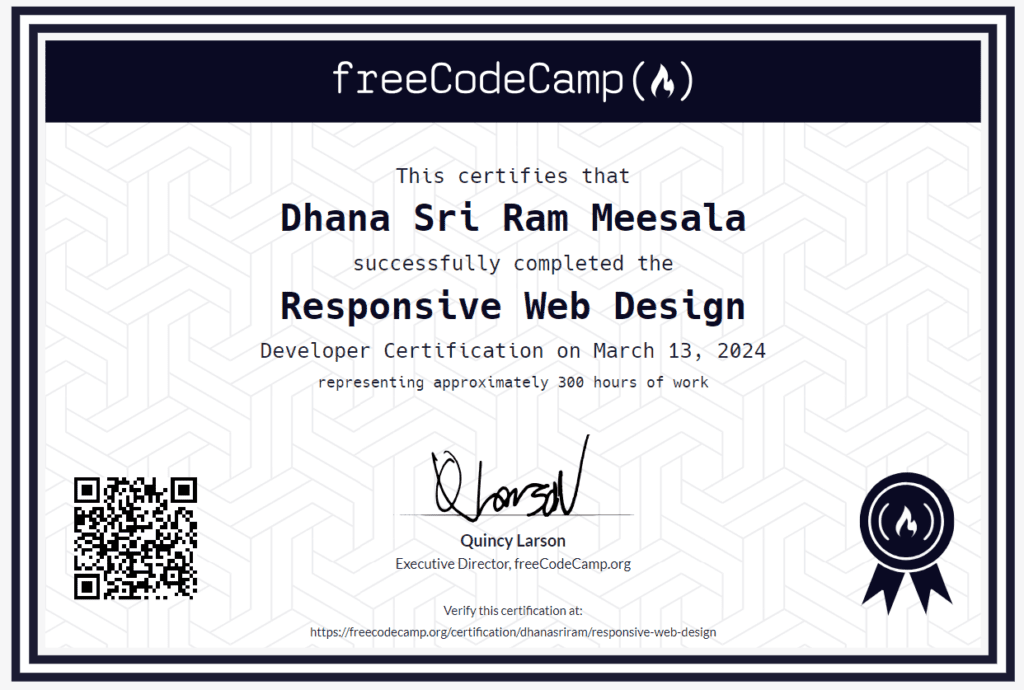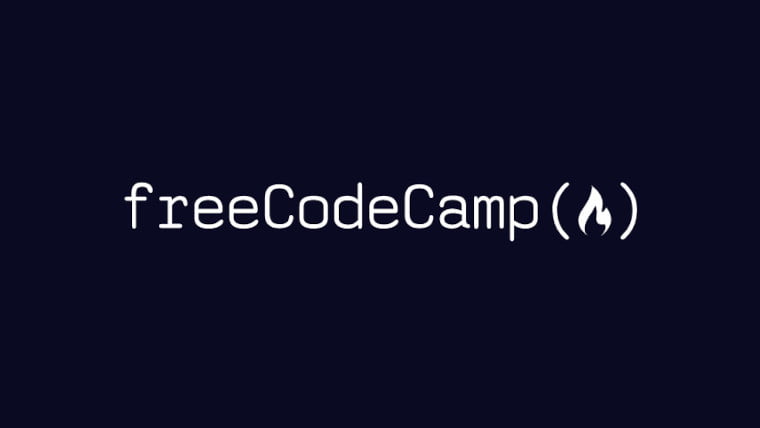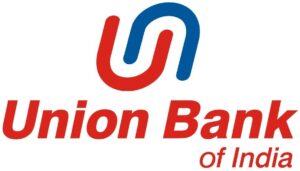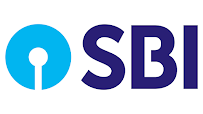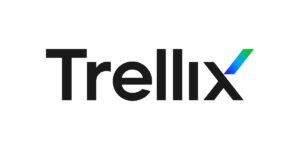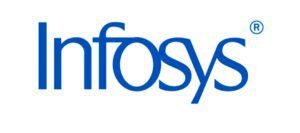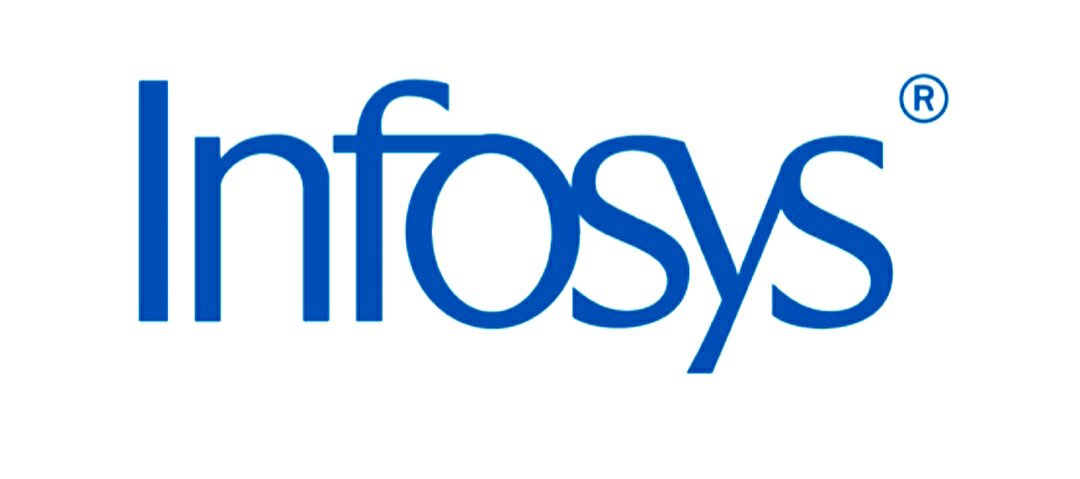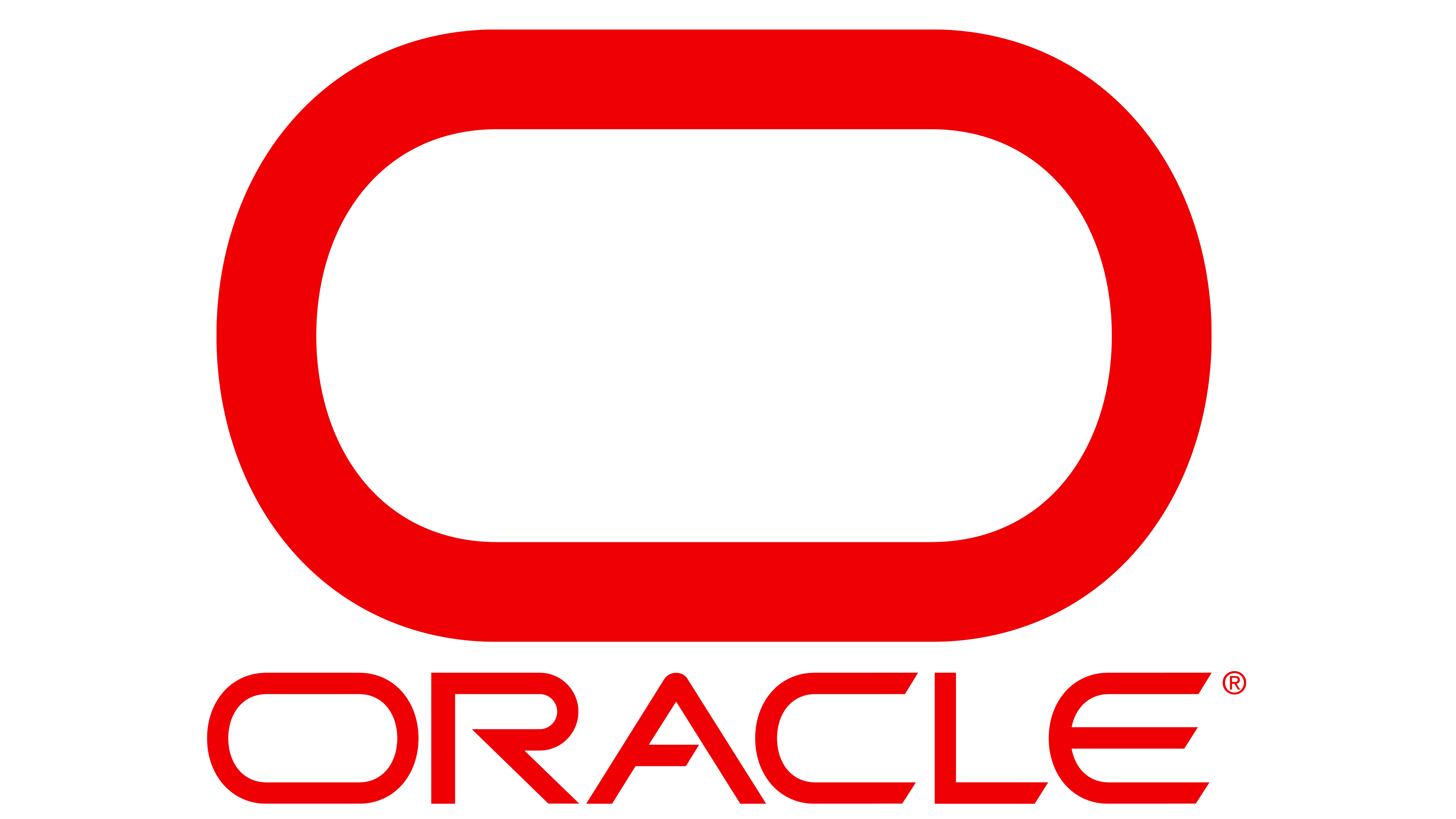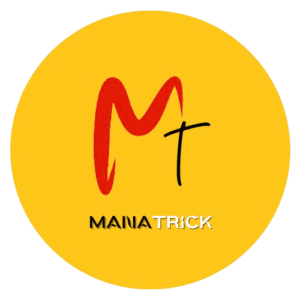FreeCodeCamp
FreeCodeCamp is a nonprofit organization dedicated to providing free coding education to people around the world. It offers an extensive curriculum covering various aspects of programming and web development, along with hands-on projects and certifications. Here’s an introduction to FreeCodeCamp:
Mission: FreeCodeCamp’s mission is to make learning to code accessible to everyone, regardless of their background or financial means. By offering free coding education, FreeCodeCamp aims to empower individuals to develop valuable skills, pursue career opportunities in technology, and contribute to the global community of developers.
Platform: FreeCodeCamp provides an interactive online platform where users can access a wide range of coding tutorials, challenges, and projects. The platform is designed to accommodate learners of all skill levels, from absolute beginners to experienced developers looking to expand their knowledge.
Curriculum: FreeCodeCamp’s curriculum covers topics such as HTML, CSS, JavaScript, responsive web design, algorithms, data structures, and more. It follows a structured learning path that guides learners through progressively more challenging concepts and exercises. The curriculum is self-paced, allowing users to learn at their own speed and convenience.
Hands-on Projects: In addition to tutorials and challenges, FreeCodeCamp offers hands-on projects that allow learners to apply their skills in real-world scenarios. These projects range from building simple web pages and applications to more complex full-stack projects. Completing projects is an integral part of FreeCodeCamp’s learning experience and helps learners build their portfolios.
Certifications: FreeCodeCamp offers certifications for completing sections of its curriculum and projects. These certifications demonstrate proficiency in specific areas of coding and web development and can be valuable credentials for job seekers or freelancers looking to showcase their skills to potential clients.
Community: FreeCodeCamp has built a vibrant and supportive community of learners, developers, and educators. Users can connect with peers, ask questions, share resources, and collaborate on coding projects through forums, chat rooms, and local study groups. The community aspect of FreeCodeCamp fosters collaboration, networking, and mutual support among members.
Nonprofit Status: FreeCodeCamp is a nonprofit organization supported by donations and volunteers. It operates with the goal of providing free coding education to as many people as possible, without relying on paid subscriptions or advertising revenue. This nonprofit model reflects FreeCodeCamp’s commitment to accessibility, inclusivity, and social impact.

FreeCodeCamp‘s responsive web design course is an essential part of its comprehensive curriculum, aimed at providing learners with the knowledge and skills needed to create modern and user-friendly websites that adapt to various screen sizes and devices. Here’s an overview of FreeCodeCamp‘s responsive web design course:
Course Overview:
- Introduction to Responsive Web Design: The course begins with an introduction to responsive web design principles, explaining why responsiveness is essential in today’s digital landscape and how it improves user experience across different devices.
- HTML and CSS Fundamentals: Learners start by mastering the fundamentals of HTML (Hypertext Markup Language) and CSS (Cascading Style Sheets), which form the foundation of web development. They learn how to structure web pages with HTML and style them with CSS, understanding concepts such as selectors, properties, and values.
- Media Queries and Flexible Layouts: Media queries are introduced as a key technique for making websites responsive. Learners discover how to use media queries to apply different styles based on the characteristics of the device, such as screen width, height, or orientation. They also learn about flexible layouts, including techniques like fluid grids and responsive images, to create designs that adapt seamlessly to various screen sizes.
- CSS Frameworks and Libraries: FreeCodeCamp’s course may cover popular CSS frameworks and libraries like Bootstrap or Foundation, which provide pre-built components and styles for creating responsive designs more efficiently. Learners explore how to leverage these frameworks to streamline their development process and build responsive websites faster.
- Responsive Web Design Projects: Hands-on projects are a central component of FreeCodeCamp’s curriculum. Throughout the course, learners work on practical projects that challenge them to apply their knowledge of responsive web design principles and techniques. These projects often include building responsive layouts for landing pages, portfolios, or web applications, allowing learners to showcase their skills and creativity.
- Cross-Browser Compatibility and Testing: Learners gain insights into cross-browser compatibility issues and learn how to test their responsive designs across different web browsers and devices. They discover tools and techniques for troubleshooting and resolving compatibility issues, ensuring that their websites deliver a consistent experience to all users.
- Best Practices and Optimization: The course emphasizes best practices for optimizing responsive websites, including techniques for improving performance, accessibility, and SEO (Search Engine Optimization). Learners learn how to optimize images, minify CSS and JavaScript, and implement responsive design patterns that enhance usability and engagement.
- Responsive Web Design Certification: Upon completing the course and projects, learners have the opportunity to earn a Responsive Web Design Certification from FreeCodeCamp. This certification validates their proficiency in responsive web design concepts and serves as a valuable credential for aspiring web developers.
Achievements
FreeCodeCamp has achieved remarkable milestones and made significant contributions to the global community of learners and developers. Here are some of FreeCodeCamp’s achievements:
- Large and Active Community: FreeCodeCamp boasts a massive and highly engaged community of learners, developers, and educators from around the world. With over millions of registered users, FreeCodeCamp has built a vibrant community where members support and collaborate with each other on their coding journeys.
- Comprehensive Curriculum: FreeCodeCamp offers a comprehensive and structured curriculum covering a wide range of topics in web development, including HTML, CSS, JavaScript, responsive web design, data visualization, APIs, algorithms, and more. The curriculum is designed to provide learners with the knowledge and skills needed to succeed in the tech industry.
- Interactive Learning Platform: FreeCodeCamp provides an interactive learning platform that allows learners to practice coding in real-time, complete coding challenges, and work on hands-on projects. The platform’s hands-on approach to learning helps learners reinforce their understanding of coding concepts and gain practical experience.
- Coding Certifications: FreeCodeCamp offers coding certifications to learners who successfully complete its curriculum and projects. These certifications are recognized by employers and serve as valuable credentials for job seekers looking to break into the tech industry.
- Accessibility and Affordability: One of FreeCodeCamp’s key achievements is its commitment to making quality coding education accessible and affordable to everyone. The platform offers all its resources and courses for free, allowing learners from all backgrounds to access high-quality coding education without financial barriers.
- Global Impact: FreeCodeCamp has made a significant impact on a global scale by empowering millions of individuals to learn how to code and pursue careers in tech. Its free and accessible platform has helped democratize coding education and create opportunities for people around the world to improve their lives through technology.
- Recognition and Awards: FreeCodeCamp has received recognition and awards for its contributions to coding education and social impact. It has been featured in prominent media outlets and has received accolades for its innovative approach to teaching coding skills.
- Continuous Growth and Innovation: FreeCodeCamp continues to grow and evolve, regularly updating its curriculum, adding new features to its platform, and expanding its community outreach efforts. The platform’s commitment to continuous improvement ensures that it remains a leading resource for aspiring developers worldwide.
Registration Process
- Visit the FreeCodeCamp Website: Open your web browser and navigate to the FreeCodeCamp website. You can do this by typing “www.freecodecamp.org” into the address bar and hitting Enter.
- Click on “Sign Up”: On the FreeCodeCamp homepage, you’ll typically find a “Sign Up” button located at the top right corner of the page. Click on this button to initiate the registration process.
- Choose Sign-Up Method: FreeCodeCamp offers multiple sign-up methods for user convenience. You can sign up using your email address or via third-party platforms like Google, GitHub, or Facebook. Click on the sign-up option that you prefer.
- Provide Required Information: Depending on the sign-up method you choose, you’ll be prompted to provide certain information. If you’re signing up with an email address, you’ll need to enter your email, choose a username, and create a password. If you’re using a third-party platform, you may need to authorize FreeCodeCamp to access your account information.
- Verify Your Email (if applicable): If you sign up using your email address, FreeCodeCamp may send you a verification email to confirm your email address. Check your inbox for this email and follow the instructions provided to verify your email address. This step is important to ensure the security of your account.
- Complete Registration: Once you’ve provided all the necessary information and completed any verification steps, you’ll typically be redirected back to the FreeCodeCamp website. Your registration process is now complete, and you can start exploring the platform’s resources and courses.
- Optional: Personalize Your Profile (if desired): After registering, you may want to personalize your FreeCodeCamp profile. You can add information about your skills, interests, and goals, as well as upload a profile picture. Personalizing your profile can help you connect with other learners and track your progress more effectively.
Additional Offers
In addition to its core curriculum and certifications, FreeCodeCamp offers several additional features and resources to enhance the learning experience for its users:
- Interactive Coding Challenges: FreeCodeCamp provides a wide range of interactive coding challenges that allow learners to practice and reinforce their coding skills in real-time. These challenges cover various topics and difficulty levels, providing learners with opportunities to apply what they’ve learned in practical exercises.
- Project-Based Learning: FreeCodeCamp emphasizes project-based learning, where learners work on hands-on projects that simulate real-world scenarios. These projects help learners build their portfolios, demonstrate their skills to potential employers, and gain practical experience in developing web applications and software solutions.
- Coding Tutorials and Articles: FreeCodeCamp offers a wealth of coding tutorials, articles, and resources covering a wide range of topics in web development, programming, and technology. These resources provide additional learning materials and insights into industry best practices, coding techniques, and emerging trends.
- Community Forums and Support: FreeCodeCamp provides community forums and support channels where learners can connect with peers, ask questions, share resources, and collaborate on coding projects. The community forums serve as a valuable resource for getting help, receiving feedback, and networking with other learners and developers.
- Tech Talks and Webinars: FreeCodeCamp hosts tech talks, webinars, and live coding sessions featuring industry experts, developers, and thought leaders. These events cover a variety of topics related to coding, technology, career development, and personal growth, providing learners with valuable insights and inspiration.
- Career Resources and Job Board: FreeCodeCamp offers career resources and guidance to help learners navigate their job search and career development journey. This includes resume tips, interview preparation resources, job search strategies, and access to a job board with opportunities from tech companies and startups.
- Open Source Contributions: FreeCodeCamp encourages learners to contribute to open source projects as a way to gain practical experience, collaborate with other developers, and give back to the coding community. By contributing to open source projects, learners can build their coding skills, expand their portfolios, and make meaningful contributions to the software development community.
- Local Study Groups and Meetups: FreeCodeCamp facilitates local study groups and meetups in cities around the world, where learners can connect with peers, attend coding workshops, and participate in group study sessions. These local communities provide additional support, networking opportunities, and social interaction for learners interested in coding and technology.
Course link
Sample Certificate
